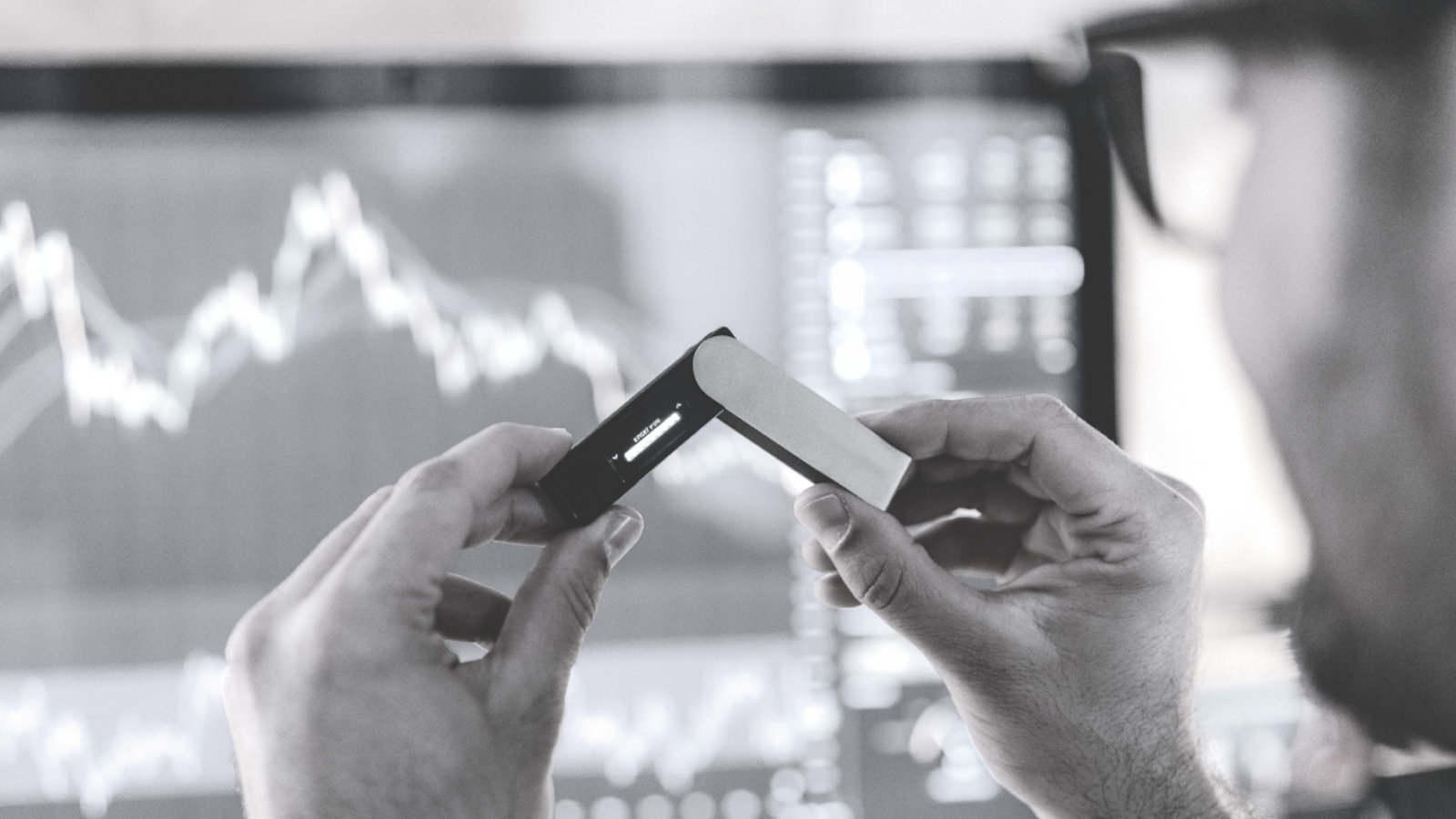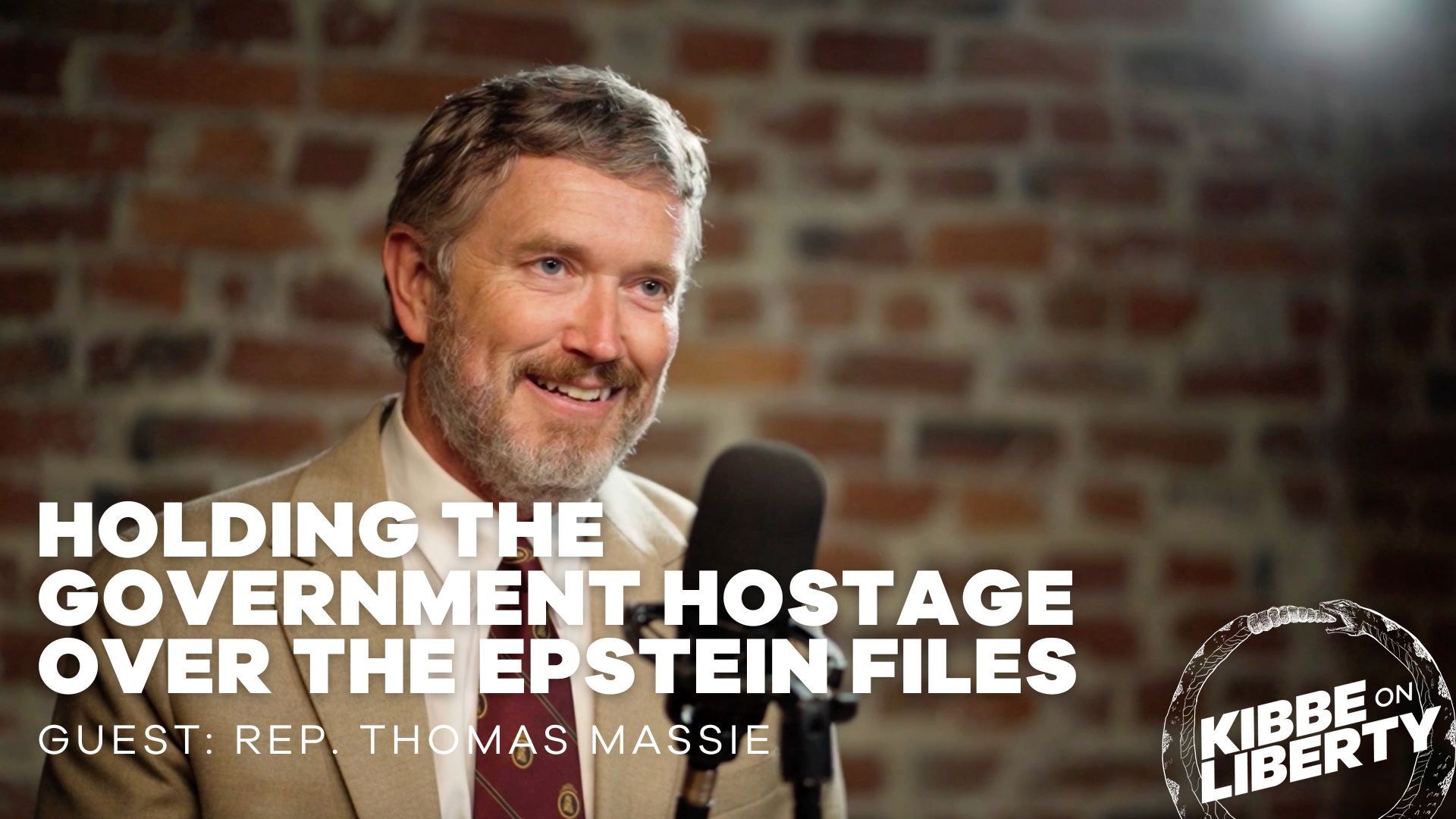
Will Bitcoin Become the New Gold?
Even as Congress introduces a bill to audit the Federal Reserve, Americans are increasingly turning to alternative forms of currency in times of uncertainty. Perhaps people are finally beginning to realize that — in the hands of unelected, unaccountable bureaucrats — the U.S. dollar is actually quite fragile.
We’ve all heard stories about the hyperinflation that took place in East Germany and Nigeria when governments tried to print their way out of debt. We all told ourselves that it can’t happen here. But it’s important to remember that, since its separation from the gold standard under Richard Nixon, the only thing that gives dollars any value is a shared belief in their continued usefulness. If that belief is compromised, it could all come tumbling down.
This is not to say that the U.S. is on the verge of hyperinflation or monetary collapse. By all accounts, we should be able to get along just fine, even if the Federal Reserve has behaved irresponsibly for the last 10 years (at least!). Nevertheless, a little healthy skepticism and bet hedging is a good thing, which is why I’m grateful for the continued existence of Bitcoin.
Bitcoin is a secure, encrypted, digital currency that is inflation-proof and has the potential to protect user privacy more than traditional currencies (even if it does not do so now). It has been around for a couple of years, largely attracting only the attention of tech geeks and hardcore libertarians. But rather than fade away into the ether, an ephemeral flash in the pan like just another Internet fad, Bitcoin has continued to grow in popularity and concluded 2016 on a high note, as its value passed $1,000 per “coin.”
More interesting than the mere increase in the value of the digital currency is the way in which investors appear to be using it. Financial analysts have concluded that people are increasing their Bitcoin holdings during times of economic and political uncertainty, using the digital currency as a hedge against potential disaster in much the same way that people tend to stock up on gold, silver, and commodities when the future looks shaky.
This is a tremendously interesting insight, because it means that Bitcoin is no longer just a luxury for the tech savvy, but has become something that is actually more trusted than cash and bank balances, at least by a certain segment of the population.
Yet given recent events in the monetary world, it’s not surprising that some may be feeling the urge to shift away from government-created currencies where possible. In India, for example, the government recently issued a ban on all its existing currency, replacing it with brand new bills and coins in an effort to root out black market activity. The plan was as ill-thought out as it sounds, and has caused chaos in the country since its enactment. There are undoubtedly a lot of Indian citizens who are wishing they held more Bitcoins about now.
While the future of Bitcoin remains uncertain, the technology has certainly served as a proof-of-concept for digital, encrypted currency that can work. As global money markets continue to face volatility — and things are unlikely to get any better in the future — it’s likely that more investors will find Bitcoin a more reliable means of doing business.
This article originally appeared on Conservative Review.
Free the People publishes opinion-based articles from contributing writers. The opinions and ideas expressed do not always reflect the opinions and ideas that Free the People endorses. We believe in free speech, and in providing a platform for open dialogue. Feel free to leave a comment.



